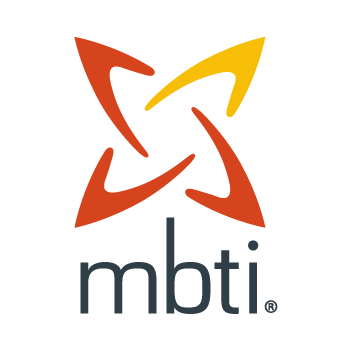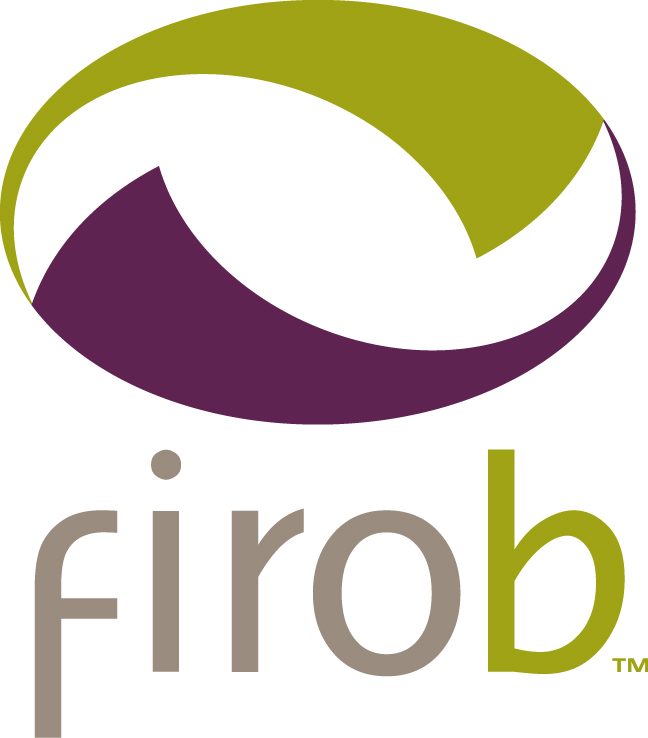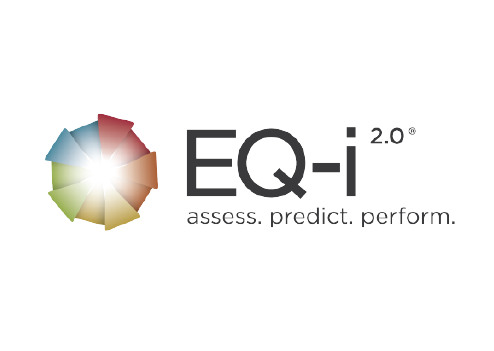Myers-Briggs Type Indicator®
(MBTI®)
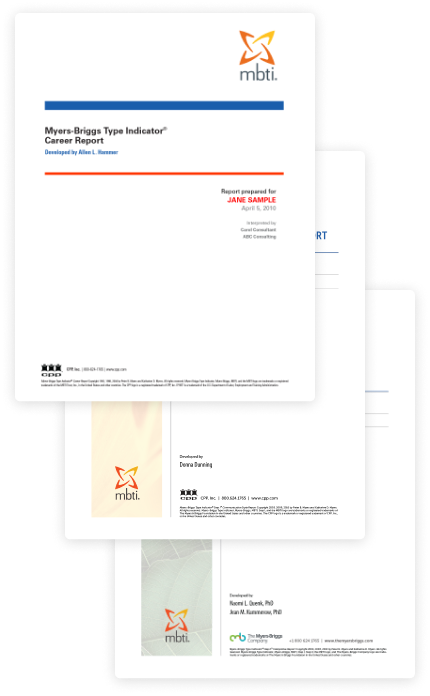
The Myers-Briggs Personality Type Indicator® is a self-report inventory designed to identify a person’s personality type, strengths, and preferences.
The Myers-Briggs Type Indicator® is said by its publisher (CPP) to be the most widely used personality assessment instrument in the world! Our team at Profiles Asia Pacific can provide this instrument and the one-on-one session which follows to verify the “type” determined by the assessment itself.
The Myers-Briggs Type Indicator® (MBTI®) assessment has helped millions of people worldwide gain insights about themselves and how they interact with others—and improve how they communicate, learn, and work. It provides a powerful framework for building better relationships, driving positive change, harnessing innovation, and achieving excellence. The MBTI® assessment makes Carl Jung’s theory of psychological type both understandable and highly practical by helping individuals identify their preferences in four areas.

Myers-Briggs Type Indicator®
(MBTI®)

The Myers-Briggs Personality Type Indicator® is a self-report inventory designed to identify a person’s personality type, strengths, and preferences.
The Myers-Briggs Type Indicator® is said by its publisher (CPP) to be the most widely used personality assessment instrument in the world! Our team at Profiles Asia Pacific can provide this instrument and the one-on-one session which follows to verify the “type” determined by the assessment itself.
The Myers-Briggs Type Indicator® (MBTI®) assessment has helped millions of people worldwide gain insights about themselves and how they interact with others—and improve how they communicate, learn, and work. It provides a powerful framework for building better relationships, driving positive change, harnessing innovation, and achieving excellence. The MBTI® assessment makes Carl Jung’s theory of psychological type both understandable and highly practical by helping individuals identify their preferences in four areas.

Fundamental Interpersonal
Relations Orientation™ (FIRO®)
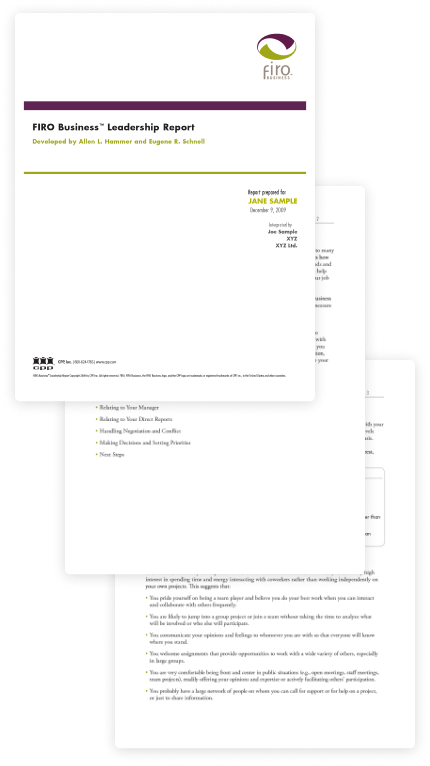
The Fundamental Interpersonal Relations Orientation™ (FIRO®) instruments help people understand their interpersonal needs and how those needs influence their communication style and behavior—and in the process improve their personal relationships and professional performance. These tools have helped individuals, teams, and organizations around the world grow and succeed by serving as a catalyst for positive behavioral change.
The FIRO® assessments are based on social need theory: all living things seek equilibrium between their basic needs and getting those needs met. They address, gather, and present critical insights around these fundamental areas:
• How you tend to behave toward others
• How you want others to behave toward you
The FIRO-B is a widely used Team Building diagnostic assessment instrument published by CPP. Our specialists can provide this instrument, the one-on-one debriefing session which follows, and any subsequently requested Team Building training.
Fundamental Interpersonal
Relations Orientation™ (FIRO®)

The Fundamental Interpersonal Relations Orientation™ (FIRO®) instruments help people understand their interpersonal needs and how those needs influence their communication style and behavior—and in the process improve their personal relationships and professional performance. These tools have helped individuals, teams, and organizations around the world grow and succeed by serving as a catalyst for positive behavioral change.
The FIRO® assessments are based on social need theory: all living things seek equilibrium between their basic needs and getting those needs met. They address, gather, and present critical insights around these fundamental areas:
• How you tend to behave toward others
• How you want others to behave toward you
The FIRO-B is a widely used Team Building diagnostic assessment instrument published by CPP. Our specialists can provide this instrument, the one-on-one debriefing session which follows, and any subsequently requested Team Building training.
Emotional Quotient Inventory
(EQ-i 2.0®)
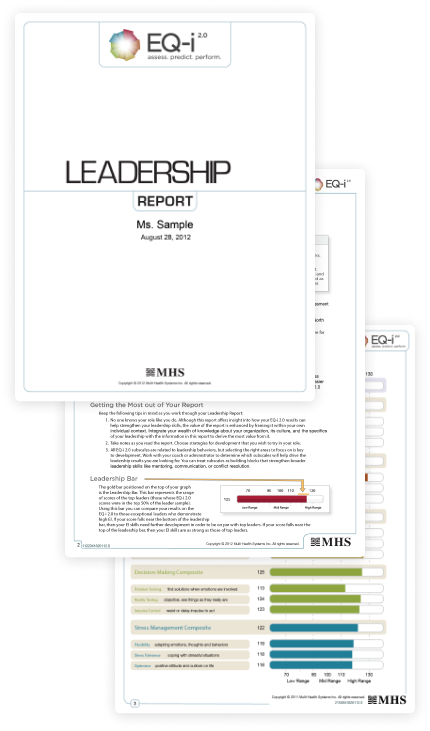
The EQ-i 2.0® is a psychometric assessment that measures emotional intelligence (EI) and how it can impact people and the workplace. Being the first scientifically validated measure of Emotional Intelligence (EI), coupled with research from premier organizations, means you can count on the EQ-i 2.0 to add robustness and accuracy to your talent management initiatives.
For almost 20 years, consultants and organizations have trusted the science that underpins the EQ-i 2.0® (and its predecessor) to help improve human performance.
Applications of emotional intelligence include leadership development, selection, organizational development, executive coaching, team building, and student development.
The EQ-i 2.0 features one overall EI score (Total EI), broken down into five composite scores which measure five distinct aspects of emotional and social functioning. These, in turn, are broken down into a total of 15 subscales.

Emotional Quotient Inventory
(EQ-i 2.0®)

The EQ-i 2.0® is a psychometric assessment that measures emotional intelligence (EI) and how it can impact people and the workplace. Being the first scientifically validated measure of Emotional Intelligence (EI), coupled with research from premier organizations, means you can count on the EQ-i 2.0 to add robustness and accuracy to your talent management initiatives.
For almost 20 years, consultants and organizations have trusted the science that underpins the EQ-i 2.0® (and its predecessor) to help improve human performance.
Applications of emotional intelligence include leadership development, selection, organizational development, executive coaching, team building, and student development.
The EQ-i 2.0 features one overall EI score (Total EI), broken down into five composite scores which measure five distinct aspects of emotional and social functioning. These, in turn, are broken down into a total of 15 subscales.

Genos Emotional Intelligence
Assessments and Reports
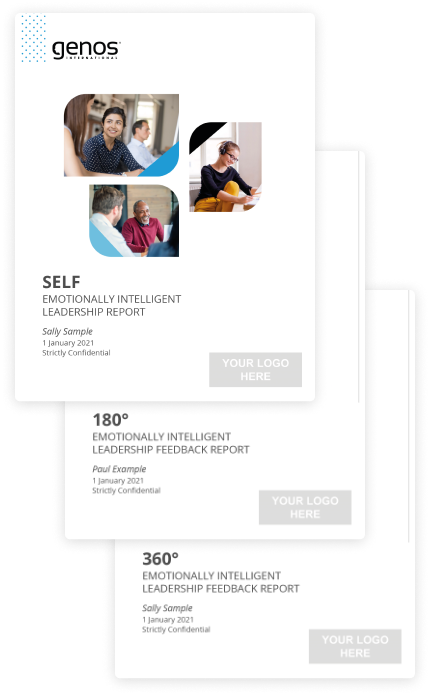
Studies have shown that high levels of emotional intelligence boost career success, mental health, relationship satisfaction, humor, and happiness.
In high-performing organizations people feel significantly more engaged, cared for, valued, proud, and motivated than those in low-performing organizations. Conversely, in low-performing organizations people feel significantly more fearful, stressed, disempowered, and uncertain.
Profiles Asia Pacific offers emotional intelligence assessments from Genos International, one of the Top 20 Assessment and Evaluation Companies according to the Training Industry for consecutive years, starting from 2017.
The Genos suite of assessments help you measure emotionally intelligent workplace, leadership, and sales behaviors. You can also use it to recruit for emotionally intelligent candidates and measure the state of emotions in your organization.
Genos Emotional Intelligence
Assessments and Reports

Studies have shown that high levels of emotional intelligence boost career success, mental health, relationship satisfaction, humor, and happiness.
In high-performing organizations people feel significantly more engaged, cared for, valued, proud, and motivated than those in low-performing organizations. Conversely, in low-performing organizations people feel significantly more fearful, stressed, disempowered, and uncertain.
Profiles Asia Pacific offers emotional intelligence assessments from Genos International, one of the Top 20 Assessment and Evaluation Companies according to the Training Industry for consecutive years, starting from 2017.
The Genos suite of assessments help you measure emotionally intelligent workplace, leadership, and sales behaviors. You can also use it to recruit for emotionally intelligent candidates and measure the state of emotions in your organization.

